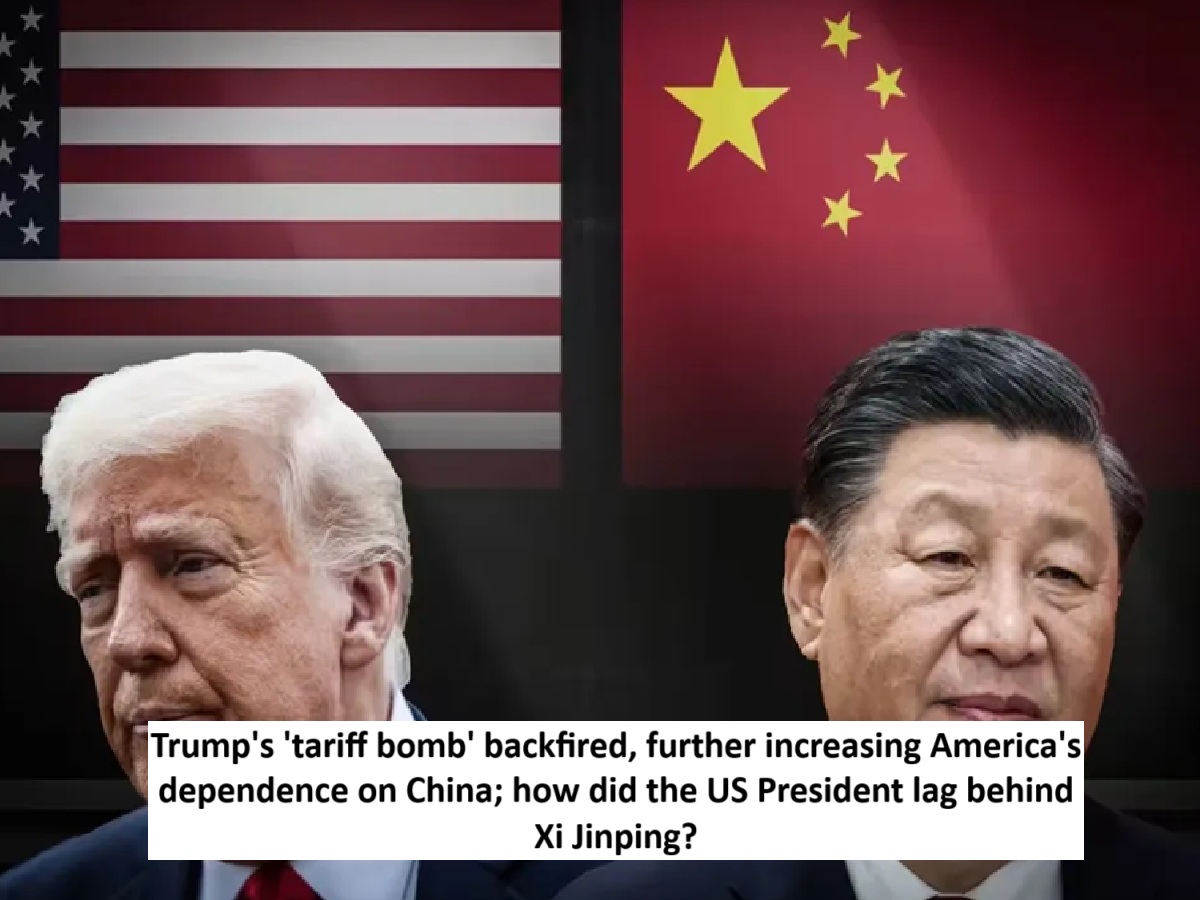
News Topical, Digital Desk : US President Donald Trump's new deal with China is proving beneficial for Beijing but detrimental for the United States. To defuse the escalating trade war, Trump halved the 20% fentanyl-related tariffs imposed on China and postponed sanctions on several major Chinese companies .
Meanwhile, Trump has further increased tariffs on allies like Canada. As a result, China has gained a cheaper and easier access to the US market, while negatively impacting American industry and workers.
Trump's plan backfired
Trump's primary goal was to weaken China's manufacturing power and strengthen America's industrial system. But the opposite has happened. Instead of exiting China, American companies are now becoming increasingly dependent on it. "I'm not going to waste any more time trying to get out of China," said Washington businessman Travis McMaster.
According to economic experts, Trump's constantly changing tariffs have eroded trust. Many countries now view the US as an unstable partner, while China has strengthened its grip by playing a long-term strategy.
Dependence on China increased instead of ' decoupling'
Whatever Trump's speeches may say, his actions have further emboldened China. Tariffs on China are now lower than those on many allies. China's control of rare earths remains intact , and American companies are becoming more, not less, involved with China.
International analyst Brad Setser said, "This tariff policy is driving industry out of China, rather than removing it." Sean Stein of the US-China Business Council said, "Nowhere else can you find a production system like China."
How China is fighting back
China is now responding to every US pressure , whether on soybeans or semiconductors. When Trump threatened 100% tariffs, China raised its port fees. When sanctions were imposed on US companies, China launched investigations into companies like Nvidia and Qualcomm. And when Trump pressured China on fentanyl, China secured significant tariff relief in exchange for limited cooperation.
China's hold on rare earths
China controls 85% of the world's rare earth metals, essential in everything from mobile phones to jets. Trump had threatened to impose 100% tariffs, but China indicated it could block supplies , which would have stalled the US tech and auto industries.
Increased burden on allied countries
Trump imposed higher tariffs on allies like India, Brazil, and Canada than on China. Up to 50% on India and Brazil, 35% on Canada, while China's fentanyl tariffs are only 10%. This tariff policy is harming America's allies and giving China a reprieve.
--Advertisement--

 Share
Share



